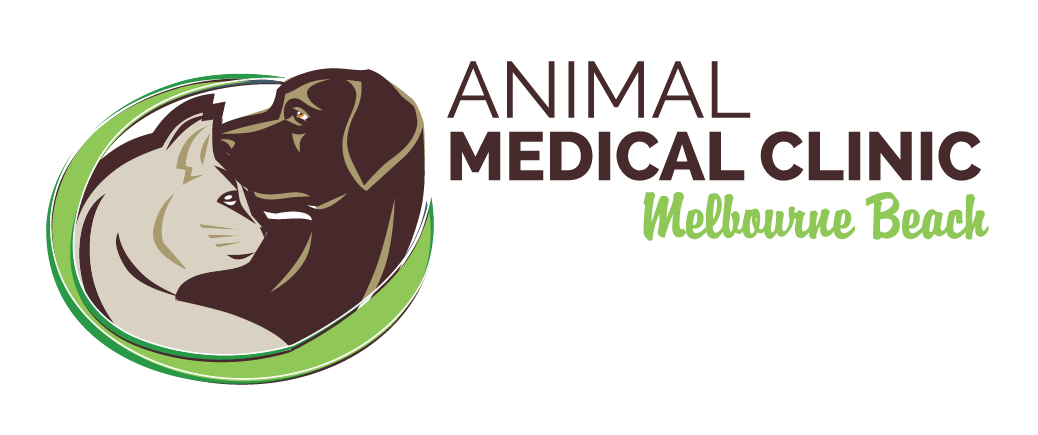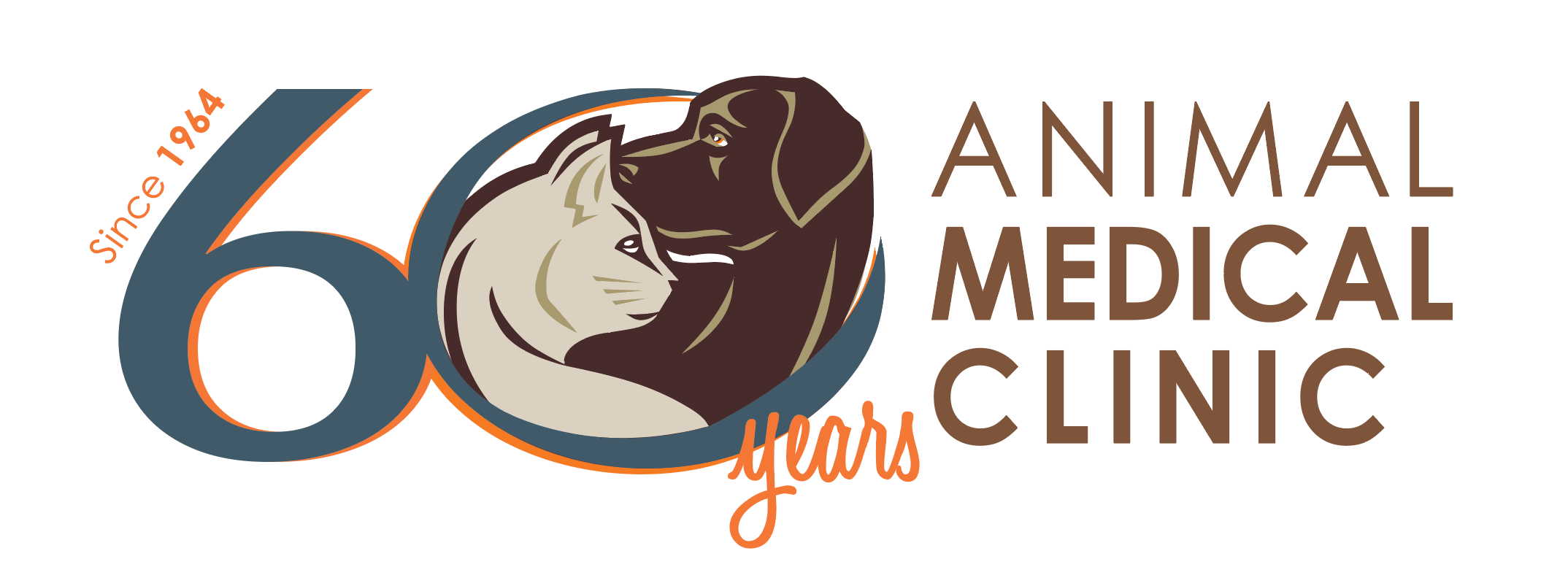If you are shopping for a new pet, consider adopting one from a shelter or rescue group first. Animal shelters are filled with loving, healthy, wonderful dogs and cats of all sizes, breeds and ages and one of those pets may be the perfect animal for you. Here are some of the reasons you might want to adopt a cat or dog.
Adopting a Puppy or Kitten
1. You Get the Satisfaction of Saving Lives
Estimates vary, but there’s no getting around the fact that somewhere around 3 to 4 million dogs and cats are euthanized each year in the United States. If you choose to adopt, you have the gratification of knowing that you are helping to solve the problem of homeless pets in America.
2. You Can Shop Around for the Perfect Pet
Animal shelters and rescue groups have plenty of healthy, well-behaved animals waiting for a home. Most shelters examine and vaccinate animals when they arrive, and many shelters spay or neuter them before adoption. In addition to providing medical care, more and more shelters and rescue groups assess the pet’s personality and behaviors to match pets with the ideal owners.
3. You Will Save Money
Adopting a pet from an animal shelter is much less expensive than buying a pet at a pet store or through other sources. Buying a pet can easily cost $500 to $1000 or more; adoption costs range from $50 to $200. In addition, animals from many shelters are already spayed or neutered and vaccinated, which makes the shelter’s fee a bargain.
If your heart is set on a purebred dog, you can still look at shelters or breed rescue groups as they are often given up for adoption as well.
4. You Can Choose a Pet of Any Age
Although puppies and kittens are cute, they can require a lot of work to train. An adult or older pet that is already trained may be a better fit for your lifestyle. For example, adopting an adult dog that is already housetrained and knows basic commands is often much easier than adopting a puppy.
5. You Can Have a Support System
Rescue groups often provide support for new owners because keeping pets in good homes is in the best interest of these groups. So if you are worried about health issues, want advice on what kind of dog food to buy, or have other newbie questions, the shelter staff will probably have opinions and advice to share.
Purchasing a Puppy or Kitten
If you want to start out with a young puppy or kitten, get to know the breeder that you are considering purchasing from. What is their reputation? Are they providing you with a Pre-Sale Health Certificate?
Here are a few questions you should ask to get to know your potential breeder. They apply to kittens as well as puppies:
- Ask to meet the parents.
Meeting the puppy’s parents will give you a better idea of what you can expect from your dog. How big are the parents? What do they look like? What kind of temperament do they have? These are all observations to take into consideration when meeting the parents to predict what your puppy will be like. - Have health testsbeen performed on the parents?
You will want to be sure that the breeder has tested the parents to be sure that they are healthy and have no genetic diseases common to the breed. - How long have you been breeding? What is your experience with this breed?
You will want to know what experience the breeder has with breeding and their specific breed. They should be knowledgeable about the breed’s strengths and weaknesses and any genetic diseases that might affect their breed. Along these lines, you might want to ask the breeder if they are involved in any breed clubs, organizations, or canine sports. - How do you socialize your puppies?
It is very important that puppies are properly socialized so they become well-adjusted dogs. You should find out if the puppies have been around people, other dogs, and if they are comfortable with a household environment. The puppies and other dogs should not be unusually shy or scared. Early socialization will help the puppy better adjust to new surroundings and life with you after you bring him home. - Are the puppies up-to-date on vaccinations?
You should be sure that the breeder has taken the puppy to a veterinarian and knows where he is on his vaccine schedule by providing a Pre-Sale Health Certificate. This will also help you so that you have the proper medical information when you bring him to your vet and she will know what shots he needs next. - Do you provide a health guarantee and a contract?
It is important to find out what kind of guarantee the breeder provides with their puppies. What happens if you find the puppy has a serious health condition? If you can no longer care for the puppy will the breeder reclaim it? - When will you be able to take the puppy home?
The breeder should tell you not to expect to bring home the puppy until it is eight to 12 weeks of age. Puppies need ample time to mature and socialize with their mother and litter mates. - How can we contact you after picking up the puppy?
The breeder should be willing to give you their contact information and encourage you to contact them with any questions or concerns you may have. Breeders are an excellent resource and breed mentor for you throughout the life of your dog. - What requirements do you have of people looking to get one of your puppies?
Breeders should be willing to answer any questions you have and should ask many of you as well. Breeders will want to make sure their puppies are going to good homes, with people who know what to expect and have made all the necessary preparations.
Picking the right breeder is important. You want to make sure the breeder is responsible, cares for their pets, and will be a valued resource for you throughout your pet’s life. And of course you want to make sure that you are bringing home the best puppy or kitten possible.



